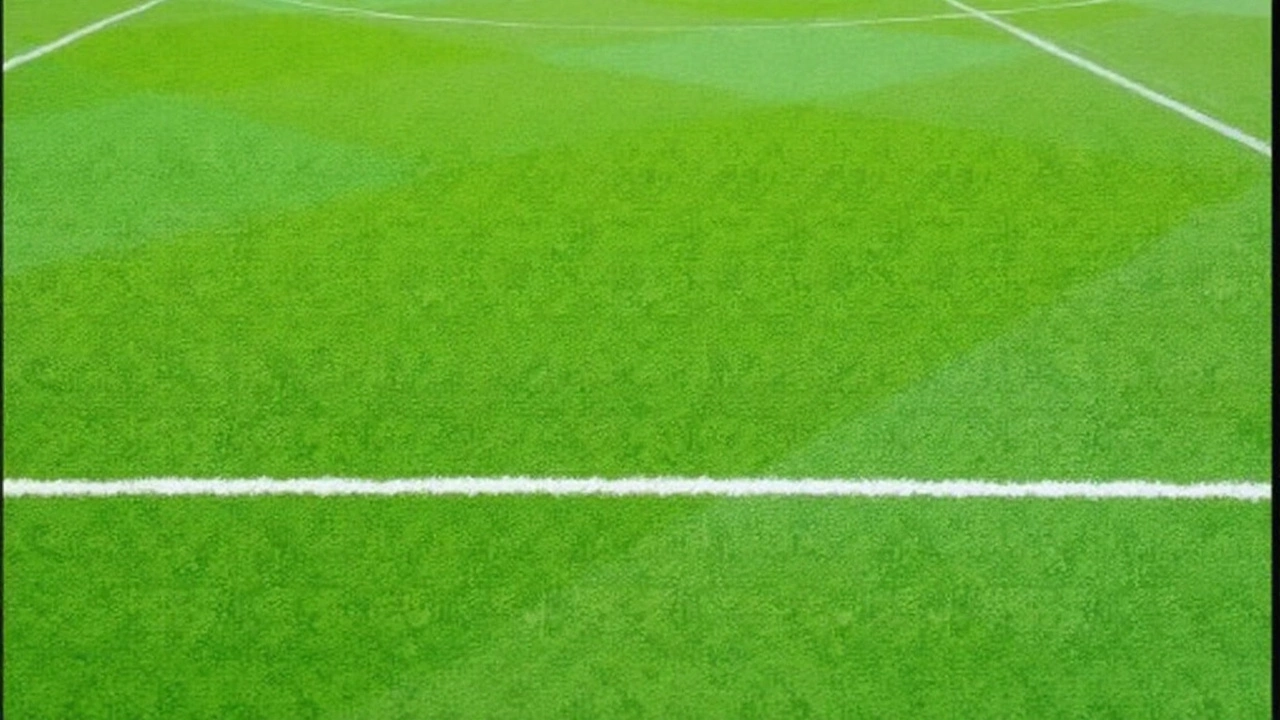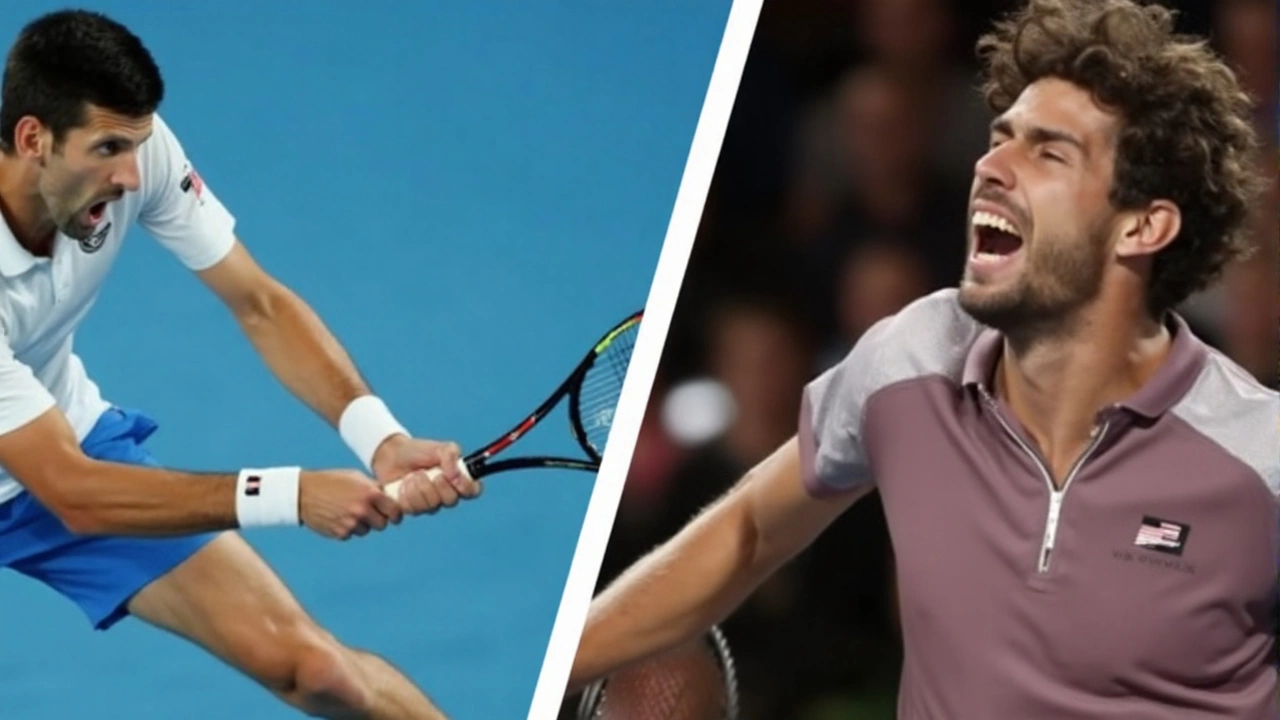
Record crowd watches Sounders shut out Messi and Miami
In a final built for star power and noise, the Seattle Sounders turned the Leagues Cup 2025 showpiece into a statement. They beat Inter Miami 3-0 at Lumen Field on Sunday in front of 69,314 fans — a record crowd for the club — and did it with control, patience, and a ruthless finish when it mattered.
This was Seattle’s ninth trophy since entering MLS in 2009. Add this Leagues Cup to four U.S. Open Cups, two MLS Cups, one Supporters’ Shield, and a continental title in 2022, and you get a club that keeps showing up when the lights are brightest. Against Miami, the plan was simple: start strong, manage Messi and Suárez without panicking, and punish mistakes. They hit all three.
The opening goal set the tone. In the 26th minute, Osaze De Rosario found space at the back post and headed in Alex Roldan’s measured cross. De Rosario has grown into the tournament, and this was his fourth goal of the competition — the kind of return managers crave from a forward in a knockout run. It wasn’t flashy, just smart movement and a finish that left Óscar Ustari with no chance.
From there, Seattle slowed the pace and lived in the gaps Miami left behind their fullbacks. The home side didn’t force it. They cycled the ball, leaned on their shape, and trusted their back line to ride out Miami’s surge after halftime. Brian Schmetzer kept the same spine that beat LA Galaxy in the semifinal, making one change: Reed Baker-Whiting filled in for suspended left back Nouhou and held his nerve in a pressure game.
Miami’s danger came in quick waves early in the second half. Luis Suárez dropped into pockets to drag defenders out and slipped a ball into Lionel Messi in the 50th minute, only for goalkeeper Andrew Thomas to hold firm. Ten minutes later, Suárez again found a seam, this time for Tadeo Allende, but Thomas snuffed out the chance. Those two moments were the hinge points; if one goes in, it’s a different night.
Instead, Seattle doubled down on discipline. The midfield screened passing lanes into Messi’s left foot and forced Miami into wider, slower routes to goal. The center backs showed patience, staying on their feet and denying cut-backs. Thomas took care of the rest. He didn’t need a highlight-reel save to be decisive — his positioning, timing off his line, and calm on crosses took the air out of Miami’s push.
When the second goal came, it felt like a release. In the 84th minute, substitute Georgi Minoungou won a penalty after darting inside and drawing contact. Roldan, who had provided the first assist, stepped up and sent Ustari the wrong way. A cool, side-foot finish, and a loud stadium went up another level.
Paul Rothrock closed it in the 89th minute with a clean strike after Seattle broke Miami’s press and moved the ball through midfield with purpose. He’s built a reputation for making the most of minutes in cup play, and this was another example — the kind of contribution that wins tournaments over three weeks, not just one night.
Schmetzer’s touch on the lineup mattered. Aside from the enforced change at left back, he stayed loyal to the group that got Seattle to the final. The message was clear: keep doing the little things well. That meant Roldan providing width and service on the right, the midfield two keeping their distances tight, and the front line pressing in short, sharp bursts rather than chasing hopeless balls. It wasn’t romantic; it was effective.
On the other side, Miami looked like a team stuck between patience and urgency. They wanted Messi on the ball in central pockets, but Seattle clogged the middle and made him receive deeper and wider. Suárez found touches to connect play, and Allende’s runs behind did trouble Seattle for a spell, yet the final touch was missing. When Miami did get through, Thomas met them with strong hands and no rebound drama.
The officiating crew, led by Juan Calderon Perez with assistants Juan Mora and William Arrieta, kept a lid on a high-pressure game without turning it into a stop-and-start affair. The penalty stood as the defining whistle, and beyond that, Seattle managed the tempo so there was little chaos for Miami to feed on.
For Seattle, this cup sits neatly in a decade-plus of big nights. They’ve built an identity around showing up in tournaments — it’s part roster, part culture. Winning the regional club crown in 2022 changed how opponents approach them. Now, adding Leagues Cup 2025 reinforces a simple truth: when you give this team a target and a two-week window, they know how to hit it.
De Rosario’s rise is one of the stories of this Leagues Cup. Four goals in a short tournament speaks to timing and chemistry. He drifted off center backs all month, attacked the back post, and trusted the service from wide areas. Against Miami, his opener changed how the game felt and gave Seattle the freedom to pick their moments instead of chasing the match.
Roldan’s night will live with the home fans. An assist, the late penalty, and veteran composure down the right. His delivery on the first goal wasn’t a hopeful hit; it was a look-up, pick-a-target cross. On the penalty, he waited out Ustari, showed no rush, and tucked it away like a routine training rep. For a team that leans on leaders, he was front and center.
Thomas deserves a nod as a quiet match-winner. Finals often turn on one save or one mistake that never makes a highlight reel. His reads on two Miami breaks, especially the Messi chance right after halftime, steadied a game that could have flipped. Goalkeeping in these settings is about removing doubt. He did that for 90 minutes.
Credit also goes to Baker-Whiting, slotted into a difficult assignment at left back on short notice. He played within himself, picked moments to join the attack, and didn’t get pulled into individual duels he couldn’t win. With Messi and Suárez combining centrally, awareness and positioning mattered more than tackles. He checked those boxes.
Inter Miami came into the night as the 2023 Leagues Cup holders and brought the star power. They just ran into a team that refused to get stretched. They had the two big looks at 1-0, and Seattle slammed the door. In knockout games, that’s the difference between lifting a trophy and walking past it.
Leagues Cup has grown fast since the full-league format took hold in 2023, packing a summer calendar with matches between MLS and Liga MX clubs. The stakes and rhythm are different from regular-season play. Travel is tighter, games come every few days, and depth gets exposed. Seattle navigated the bracket with minimal rotation, leaned on their veterans, and used the bench to change gears late in games — like Minoungou drawing the penalty when legs were heavy.
Beyond the scoreline, the night felt like a celebration of soccer in the city. The tifo was loud, the weather sat at a friendly 77 degrees, and the noise grew with each Seattle interception and counter. Finals at Lumen Field tend to carry a charge, and this one matched that history. It’s not just the audience size; it’s how engaged they stayed even when the match tightened in the second half.
What comes next? Seattle gets nearly two weeks off before returning to MLS play at home against LA Galaxy on September 13. That breather is rare and valuable after a sprint of knockout games. The club can recover, reset, and fold this trophy bounce back into the league chase. For Miami, it’s a quick pivot back to MLS with little time to dwell. The task is to turn frustration into urgency.
This final will be remembered not for one moment, but for a full, grown-up performance. Seattle didn’t lean on chaos, and they didn’t just sit back. They controlled the parts of the game they could, stayed organized when Miami pushed, and finished their chances late. In front of a record crowd, with Messi on the field, they made the night theirs.

How Seattle won it: discipline, width, and timing
- Early lead changed the temperature: De Rosario’s 26th-minute header gave Seattle control without overcommitting bodies forward.
- Fullbacks as playmakers: Roldan’s service and timing on overlaps opened space; Baker-Whiting balanced risk on the other side.
- Compact spine: The midfield protected the back line and cut off the lane into Messi’s left foot, forcing Miami into wider attacks.
- Game management after halftime: Seattle absorbed pressure during Miami’s best spell, with Thomas steady on two clear looks.
- Impact subs when legs tired: Minoungou’s direct running drew the penalty; Rothrock’s late finish killed the game.
The scoreboard reads 3-0, but the bigger story is how Seattle kept their shape and picked their moments. That’s how you win finals — by stacking small wins from minute 1 to 90 and trusting your plan when the stars on the other side start to shine.




